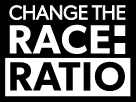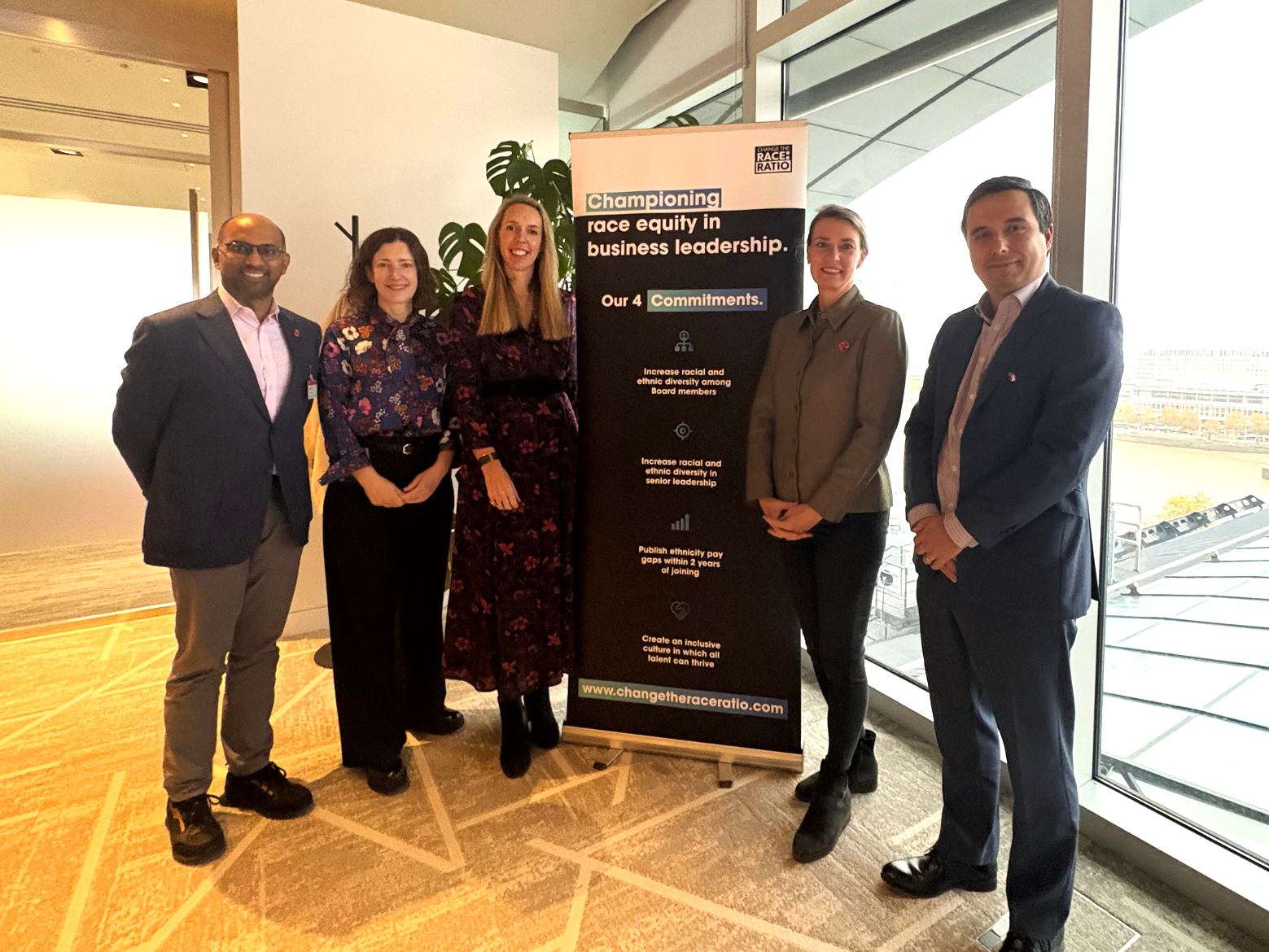Change the Race Ratio brought together members at our Leadership Forum CPO Roundtable, hosted by PwC CPO Phillipa O’Connor. There were updates and reflections given by Soumen Das, Co-Chair of the Parker Review, and Vivienne Artz, CEO of FTSE Women Leaders, followed by a roundtable discussion.
A decade of the Parker Review
Soumen Das shared the Parker Review’s latest data on ethnic minority representation across the FTSE 350, with the results showing the transformative power of setting public targets. In 2019, just over half (52%) of the FTSE 100 had at least one ethnic minority on their board, and in the FTSE 250, this was just 22% in the same year. Fast forward to today, 95 of the FTSE 100 have at least one ethnic minority on their board, while 86% of the FTSE 250 have now achieved this target. This shows the great progress made by the UK’s biggest public companies, and the focus is now on sustaining this progress by building sustainable, diverse talent pipelines.
“We’ve proven the talent exists. The question is now how to retain, develop and promote into executive roles.” – Soumen Das
FTSE Women Leaders signifies the power of voluntary targets
Vivienne Artz shared great lessons from the UK’s journey on gender diversity, starting with the Davies Review in 2011, evolving through the Hampton-Alexander Review and now in its current form. The representation of women on boards in the FTSE 350 was at 9.5% at the start of the Davies Review. Fourteen years later, it is now at 43.4%, exceeding its voluntary target of 40% by the end of 2025. This journey highlights one of the most significant voluntary inclusion shifts in global business, with only France in the G7 having a greater representation at 45.4%, although their reporting adopts a quota system.
“Those headline numbers are pretty good, but when you start splitting that that into exec and non-exec roles, then you see a huge difference” – Vivienne Artz
A leaky talent pipeline
Soumen reiterated that while board level representation is going in the right direction, there is a need to see similar progress in senior management. Many companies have adopted effective strategies to hire ethnically diverse talent at entry-level roles, but those same individuals often leave at a disproportionately higher rate before they reach management or leadership roles, resulting in pear-shaped representation levels within organisations. The business challenge, therefore, is not just to attract diverse talent – but to develop, promote and platform them for leadership positions. Vivienne also echoed this point, expressing the need to have a holistic approach to equitable outcomes, including looking at workplace culture, recruitment practices, retention, and developing a diverse talent pipeline.
Looking ahead
The roundtable concluded with both a shared sense of pride in how far the respective reviews have shaped in increasing representation levels within the hierarchies of UK Plc, and cautious optimism, to ensure the hard work is backed up with lasting, systemic change.







